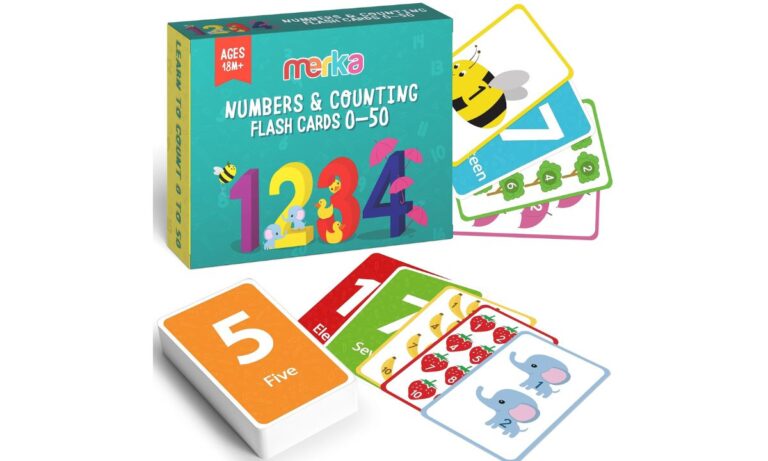Why Flashcards Are the Ultimate Learning Tool
Flashcards have long been a trusted tool for students and professionals alike. They leverage active recall, requiring you to retrieve information actively, which strengthens your memory and improves long-term retention.
Whether you’re memorizing vocabulary, studying complex theories, or preparing for professional exams, flashcards simplify the learning process by breaking down information into manageable chunks. This makes them one of the most effective tools for fast and efficient studying.
Key Benefits of Flashcards
Using flashcards offers a range of advantages that make them indispensable for any learner:
- Boost Memory Retention: Active recall and repetition solidify information.
- Engaging and Interactive: Keeps study sessions dynamic and productive.
- Customizable for Any Subject: Tailored to your learning needs.
- Portable and Convenient: Study anywhere with physical or digital cards.
- Simplify Complex Topics: Break down material into digestible pieces.
How to Create Effective Flashcards
For flashcards to be effective, they must be thoughtfully designed. Here are some tips:
- One Idea Per Card: Focus on a single question, fact, or concept.
- Use Questions and Answers: Frame clear, concise questions on one side and precise answers on the other.
- Incorporate Visuals: Use diagrams, charts, or color coding to aid memory.
- Write in Your Own Words: Personalized content enhances understanding.
- Schedule Reviews: Regularly revisit flashcards to retain information.
Advanced Learning: The Occlusion Image Technique
One of the most effective methods for visual learners is the occlusion image technique. This involves creating flashcards with partially obscured images, challenging you to recall or identify hidden details.
For example, in anatomy, you could use a labeled diagram of the human skeleton and obscure the names of specific bones. By attempting to identify the occluded sections, you actively engage with the material, deepening your understanding and memory.
Digital platforms like Anki make it easy to apply this technique. A flashcard maker can be a valuable tool for organizing and reinforcing study material. Simply upload an image, use the occlusion tool to hide certain parts, and create a flashcard for each occluded detail. This approach is particularly useful for subjects requiring detailed visual learning, such as biology, engineering, or geography.
Digital vs. Traditional Flashcards
Choosing between physical and digital flashcards depends on your study preferences:
Traditional Flashcards:
- Tactile Experience: Writing and handling cards reinforces memory.
- No Digital Distractions: Keeps you focused without screen interruptions.
- Easily Customized: Add personal touches like handwritten notes and doodles.
Digital Flashcards:
- Convenience: Access your cards anytime on your smartphone or laptop.
- Advanced Features: Include multimedia elements like videos, images, and audio.
- Spaced Repetition: Automate review schedules for maximum efficiency.
- Progress Tracking: Monitor your learning and identify weak areas.
For many learners, a combination of both formats provides the best results, blending tactile engagement with technological innovation.
Incorporating Flashcards into Your Study Routine
To maximize the benefits of flashcards, integrate them into a structured study routine. Here’s how:
- Set Daily Goals: Aim to review or create a specific number of flashcards each day.
- Dedicate Focused Time: Spend 10–20 minutes daily on flashcard reviews.
- Mix Subjects: Rotate between topics to keep your sessions interesting.
- Track Your Progress: Use apps to monitor your improvement and adapt your focus.
- Be Consistent: Regular use is key to long-term success.
Collaborating with Flashcards
Flashcards aren’t just for solo study; they’re also great for collaborative learning. Quiz your peers, discuss concepts, and clarify doubts together. Group study sessions with flashcards foster teamwork and often lead to deeper understanding.
Beyond Academics: Flashcards for Lifelong Learning
Flashcards are not just limited to academic settings. They’re equally effective for professional growth and personal development:
- Language Learning: Memorize vocabulary, grammar rules, and phrases.
- Skill Development: Retain steps for technical tasks or creative projects.
- Professional Preparation: Master industry-specific terms and certifications.
Their versatility makes flashcards a valuable resource for learners of all ages and fields.
Conclusion
Flashcards are more than just a study tool—they’re a proven method for achieving learning success. By incorporating advanced techniques like occlusion image and consistently reviewing your cards, you can simplify complex topics, improve memory retention, and maximize your study time.
Whether you prefer traditional cards or modern digital tools, the key to success is thoughtful design and regular practice. Start using flashcards today to unlock your potential and achieve your learning goals with confidence!
ALSO READ: Kroger Customer Service Survey: Your Feedback Matters

